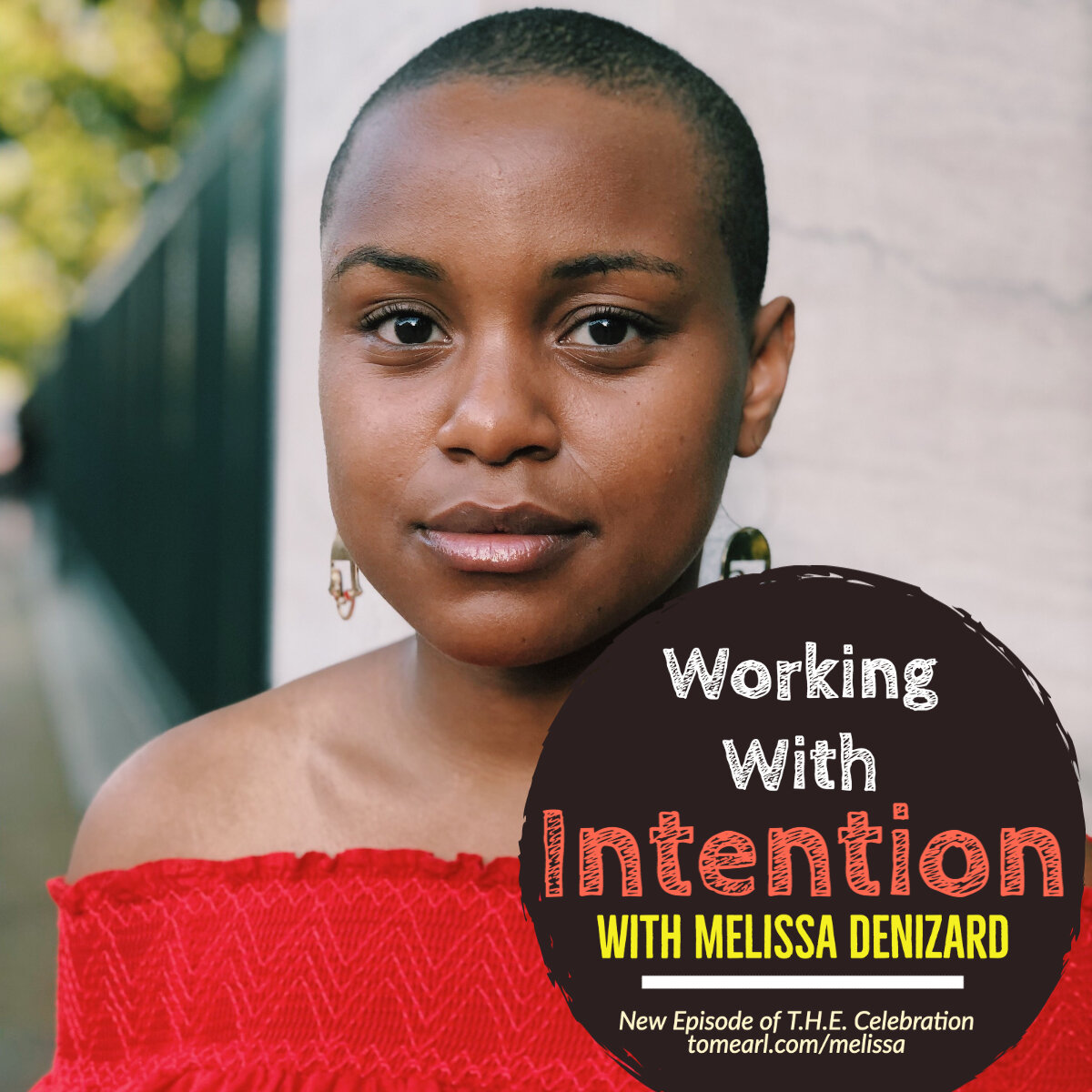“I don’t see color.”
“We all bleed red.”
“We’re all just human.”
Oh God. No.
#FacePalm
If you’ve ever engaged in a dialogue on race or attempted to invite someone in on their racism, I would bet my favorite pen that you’ve heard some variation of these.
Hey. I’ll up the bet.
I’d wager my favorite pair of headphones that more likely than not it was one of us white folks who uttered said phrases too.
All jokes and bets aside, phrases like “I don’t see color”—while good intentioned—derail efforts towards anti-racism.
Rather than being egalitarian, they are actually racist.
Now you might be saying to yourself, “What the hell, Tom? How is this racist?”
Here’s my suggestion: listen to this week’s episode.
My guests this week are Dr. Angela Courage! and Dr. LaTonya Jackson, authors of “5 Blinders to Seeing Color.”
We took a deep dive into this topic and provided insights on how “I don’t see color” is problematic at best.
If you’re striving to unpack your whiteness and privilege, or you’re looking for resources to send to a friend who keeps saying “I don’t see color,” we have you covered.
In addition, during this episode we talked about:
race
power
privilege
color
colonialism.
control
social privilege
economic privilege
layers of privilege
international question: “we don’t have white privilege in my country” → colorism.
corporate issues ←- relating to race.
individual issues ←- relating to race.
We really went in on this one and I know it will bring you tremendous value.
Hit play and let me know what was your biggest aha.
You can learn more about Dr. Angela Courage! and Dr. LaTonya Jackson’s work at - seecolorr.com








